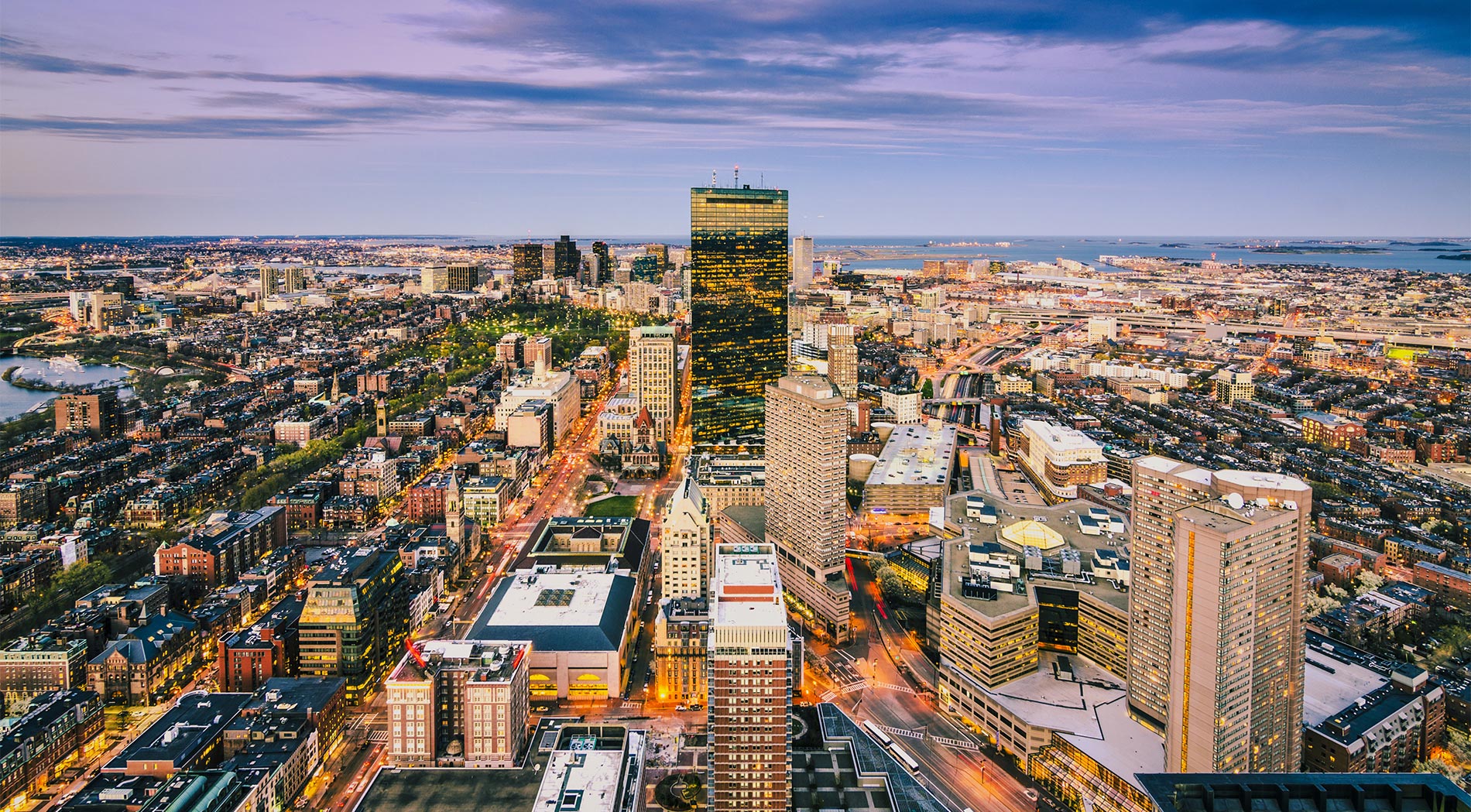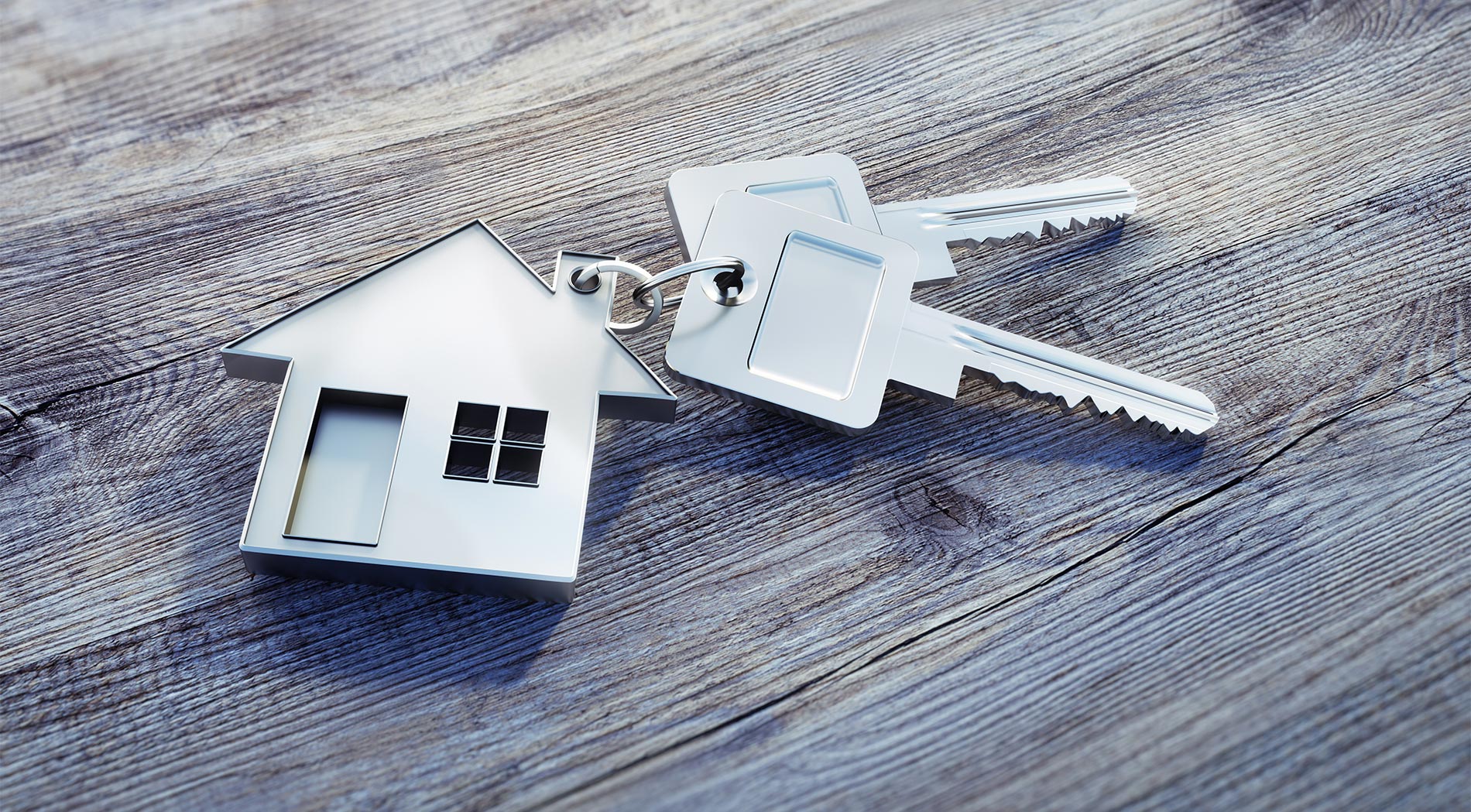
House Buying Process
展开全部 >
1. Know Your Goals

Ready for a forever home? For investment? Last-minute job transfer? Baby on the way? It is critically important to know your wishes, goals, and needs. By understanding my client's goals, must-haves, and timelines right up front we can guide them through the home selling or buying process. For example, when you’re house hunting with children, you’ll probably want to consider buying your home in a high-ranking school district, and Single Family may be a better choice. When it comes to finding a home for new graduates, buyers prefer a Condo close to work. When buying an investment property, not only do you have to consider the mortgage and the operating costs, but you also have to think about the tenants, cash flow, and appreciation. As a first-time buyer, if you’re feeling overwhelmed trying to understand the process of buying your home, we can help make sense of the home buying journey. Please feel free to contact us at any time with questions. The Ripple Realty Group will introduce suitable areas and houses for you depending on your requirements.
2. Determine How Much Home You Can Afford, Get Pre-Approval Letter

The housing market in Massachusetts is hot. An unprecedented shortage of available homes for sale means many properties often see multiple offers.
With any home purchase, the first thing you’ll need to do is get approved for your mortgage so you know exactly how much you can spend. A mortgage Pre-Approval Letter is used to let sellers know that you will be able to afford the home. While someone may be preapproved for a loan, it does not mean that they get a loan right away. If you’re buying a home in cash, you will need to prove that you have the funds to do so. It will be more difficult for the Chinese to get approved for a mortgage in the United States. The Boston HONGLINGJIN team can help you to find out which mortgage loan lender suits you the best, according to your background information, such as your VISA and income. We will help you to get an approval letter fast so you can get out there and start shopping.
3. Take An In-Depth Look At The Home

We will help you to search properties listed in your area, and narrow down your search to houses you’re truly interested in; We will tour each house with you, and make sure each home meets your needs, and answer all your questions. At the same time, we will also create an automatic search account for you in the broker's housing system, and the system will email you all the available homes in your area and narrow down your search by your own criteria. When you find the ideal house, we will contact the seller’s broker to schedule a visit for you. It’s also important to evaluate the neighborhood and make a note of the little details of each house. We can provide you with helpful information on houses and neighborhoods that might be neglected.
4. Make an offer

When you find the right house, move fast. Delays can be deal killers. We will help you to negotiate a fair offer based on the value of comparable homes in the same neighborhood. The buyer’s agent will gather all of your supporting documentation, and deliver your offer to the seller through the seller’s agent. The seller will make decisions about how offers will be presented and dealt with. The listing broker represents the seller to respond to the buyer’s agent. The whole process requires the buyer's broker to react quickly and proactively when they communicate with the seller's broker. Sometimes asking for more information can even change the result in a sale. The Boston HONGLINGJIN team will help you structure a winning offer for less money.
5. Home Inspection

After your offer is accepted, you should arrange for a home inspection to be completed. You’ll want to hire a professional, third-party home inspector to examine the home you’re preparing to buy, and the inspector will give you a list of problems they found in the home. When you receive your inspection results, go over each item and look for major issues.
If significant repairs are needed, you can request that the seller complete them before closing. If you can’t reach an agreement, you may want to move on and consider other options. The negotiation process is completed by the buyer and seller’s broker and the buyer and seller.
6. Purchase & Sales Agreement

When the seller accepts your offer, you’ll meet with your real estate agent and complete the Purchase & Sales Agreement together. A purchase agreement is a contract between a seller and a buyer that lays out the terms of the home sale. Signing a Purchase & Sales Agreement is a crucial step. A real estate purchase agreement legally binds a buyer and a seller into a home sale. The buyer needs to pay 5% of the total house price as a deposit on the day the agreement is signed. It is critical to have an attorney look over your offer. The Ripple Realty Group team will recommend reliable and responsible attorneys to you, and fully protect your rights and interests. We will help you throughout the process: how to communicate with an attorney, and how to make amendments to the terms. Make sure anything is agreed upon before signing.
7. Prepare Your Finances

It takes 4-6 weeks on average to just close on a home. The most important thing during the process is to get your finances in order. The Pre-Approval Letter we mentioned above is only the first step in the home buying process and it is not a guaranteed loan offer. Getting a loan is the riskiest part of the process to buy a house. If the buyer’s mortgage does not go through, it can also kill a deal. Therefore, it is very important to have a responsible broker/agent to help you complete the loan application, provide relevant information, and keep track of what’s happening during the loan approval process.
The Ripple Realty Group team can help set you up for a smooth home buying experience, as well as give your offer a little extra leverage and make sure you get approved for a loan.
8. Close On Your New Home

By the time closing comes around, you don’t usually have to do much else besides sign some papers and get your keys. For example, get the documents from building management committees, Estate tax forms, and smoke certificates. The Ripple Realty Group team will gather all materials needed and help the process go more smoothly.
9. Do A Final Walkthrough

Do a final walkthrough in your new house before you close. This time allows you to check and make sure that the seller has made the repairs you requested and cleared out the property.
You’ll sign a settlement statement, which lists all costs related to the home sale. These closings will often occur in the attorney's office. This is when you pay your down payment and closing costs.
Finally, you’ll sign the mortgage or deed of trust to secure the mortgage note. The buyer’s attorney will ensure that the ownership is transferred properly.
After closing finishes, you’re officially a homeowner. Congratulations!

FAQ
1. Why Should Hire an Agent When Buying a Home?
Housing is in short supply: Demand is high and inventory is low in Massachusetts's real estate scene. An agent with fast response and execution could help clients to purchase a dream house faster.
In the United States, you don't need to add anything in for the agents' pay as a buyer. The seller is responsible for seeing that the agents involved receive their payment.
The buyer’s agent can serve as a guide, pointing you in the right direction, answering all kinds of questions, providing more available listings, giving more professional advice when touring a home, helping you negotiate the price with the seller, providing assistance in loan, controlling all the buying process until close on your home successfully.
Additionally, the Boston HONGLINGJIN team provides Lifelong Service, which means you can also ask any questions any time after moving in.
2. What costs are buyers responsible for, except the purchase price?
Besides the purchase price, the buyer typically pays for property-related fees including the closing attorney fees, appraisal fees, rundown recording fees, title insurance fees, home inspection fees, loan-related fees, and recording fees.
3. What are the expenses after buying a house?
After you close on your home, in addition to the utility fees (water, electricity, gas) utility, there are two common ongoing costs:
(1) Property Tax (Real Estate Tax):In the United States, property tax is calculated by a local government where the property is located and paid by the owner of the property annually. Generally, the property tax rate is expressed as a percentage from 0.5% to 2%, and the property tax is based upon prevailing local real estate market conditions. Cities and towns may give property tax exemptions to some individuals.
(2) HOA Fees (Homeowners Association Fee):HOA fees are levied on condominium owners. HOA fees vary widely depending on the property location and the amenities available to property owners. Larger residences in an HOA sometimes pay more than smaller ones. Most single-family homes do not have HOAs.
4. What are the tax benefits of homeownership?
You can deduct mortgage interest, property taxes, and other expenses up to specific limits if you itemize deductions on your tax return. Please feel free to consult the Boston HONGLINGJIN team about it.
Acton
Allson/Brighton
Back Bay/Beacon Hill
Belmont
Brookline
Burlington
Cambridge
Downtown
Fenway/Kenmore
Lexington
Malden
Medford
Newton
North End
Quincy
Somerville
Waltham
Watertown
Wellesley
Weston
Winchester























